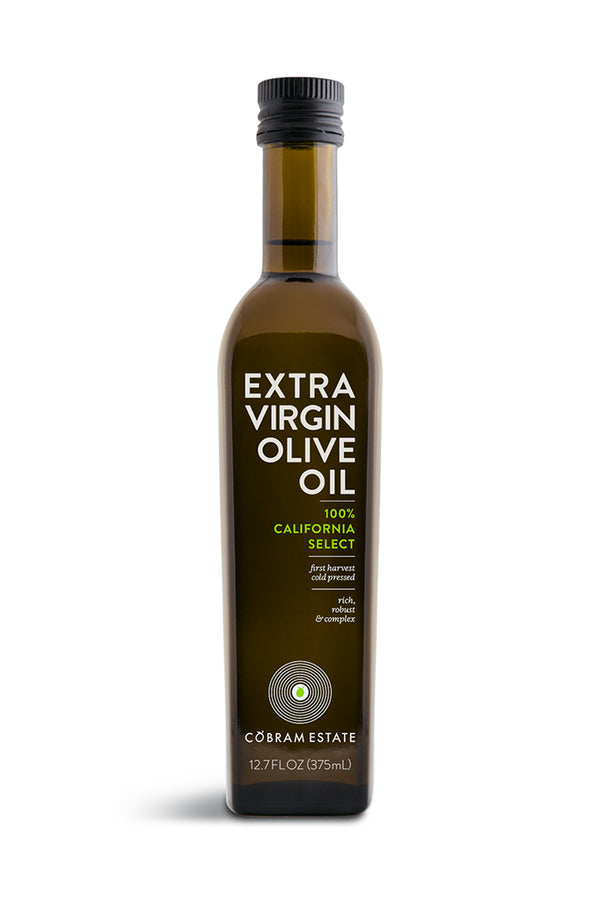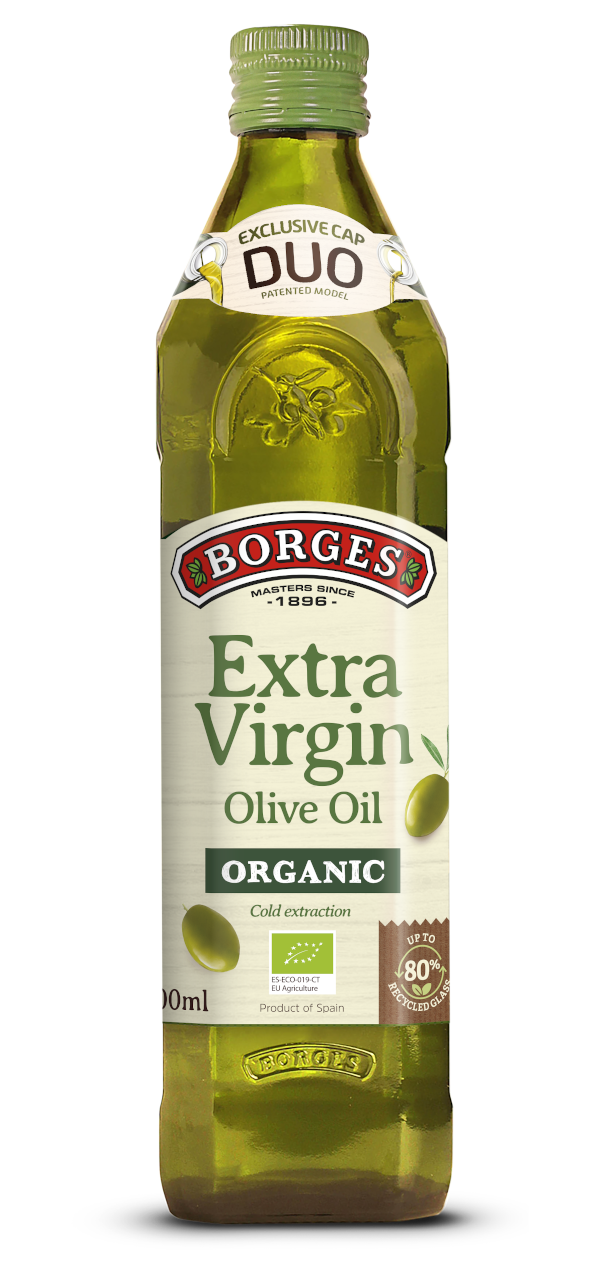Extra Virgin Olive Oil Benefits: A Must-Have for a Balanced and Nutritious Lifestyle
Checking Out the Various Kinds Of Olive Oil and Their Usages, Including Additional Virgin Olive Oil
The expedition of olive oil encompasses a diverse array of types, each offering unique tastes and culinary applications. Additional virgin olive oil, renowned for its premium top quality and health and wellness advantages, serves as a staple in numerous cooking areas, yet it is just one facet of this diverse active ingredient.
What Is Olive Oil?
Derived from the fruit of the olive tree, olive oil is a staple in Mediterranean cuisine and a crucial ingredient in various culinary applications. This flexible oil is generated by pushing whole olives, resulting in a liquid that varies in aroma, flavor, and color depending upon the type of olives utilized, the area of farming, and the removal procedure. Olive oil is mostly made up of monounsaturated fats, particularly oleic acid, which is known for its potential health and wellness benefits, consisting of anti-inflammatory properties and cardiovascular support.
Along with its culinary usages, olive oil has a long history of application in conventional medicine and skincare, owing to its rich antioxidant content (extra virgin olive oil benefits). The oil is frequently utilized in dressings, marinades, and for cooking methods such as sautéing and roasting. Its distinct flavor account can boost the taste of numerous recipes, making it an essential ingredient for both home chefs and specialist cooks
Moreover, olive oil is celebrated for its role in the Mediterranean diet, which is related to countless wellness benefits. As awareness of these benefits expands, olive oil remains to acquire popularity worldwide as a basic element of a healthy lifestyle.
Kinds Of Olive Oil
Recognizing the different types of olive oil is crucial for both health-conscious consumers and cooking enthusiasts. Olive oil is categorized primarily based upon its extraction approach and quality, which dramatically impacts its health, flavor, and fragrance benefits.

Light olive oil, despite its name, describes a lighter taste and not lower calories. It is perfect for those seeking an extra refined taste in marinades and dressings. In addition, there are flavorful olive oils infused with herbs, seasonings, or citrus, which can enhance dishes without the need for additional seasoning.
Each sort of olive oil serves details culinary purposes, and recognizing these differences allows customers to make educated selections that line up with their cooking designs and health objectives.
Additional Virgin Olive Oil
Extra virgin olive oil (EVOO) is commonly concerned as the best quality olive oil offered, celebrated for its abundant flavor and many health advantages. To be classified as added virgin, the oil must be generated from fresh olives using mechanical procedures, without the use of solvents or extreme heat. This careful method protects the oil's all-natural flavors, antioxidants, and healthy and balanced fats, resulting in an item with a low acidity degree of much less than 0.8%.
EVOO is plentiful in monounsaturated fats, specifically oleic acid, which is linked to minimized swelling and improved heart health and wellness. It additionally contains polyphenols, powerful anti-oxidants that might provide safety results against chronic illness. The taste profile of EVOO can vary substantially depending on the olive variety and region of manufacturing, varying from fruity and grassy to robust and peppery.

Culinary Use Olive Oil

In food preparation, olive oil can go right here be made use of for sautéing, toasting, and grilling, giving a much healthier alternative to butter or various other fats. Its high smoke factor makes it suitable for various cooking methods, while its anti-oxidants add to a heart-healthy diet regimen. Sprinkling olive oil over completed meals, such as pasta, fish, or grilled vegetables, can boost tastes and include a touch of sophistication.
Additionally, olive oil plays a considerable role in cooking, where it can change standard fats in recipes for bread and breads, presenting wetness and a subtle taste. It likewise works as a base for infused oils, permitting chefs to experiment with tastes such as garlic, natural herbs, or chili, even more expanding its cooking potential. Overall, olive oil's convenience makes it vital in both home and expert kitchens.
Deciding On Quality Olive Oil
When picking high quality olive oil, it's important to take into consideration a number of key variables that influence the item's aroma, taste, and health benefits. Opt for additional virgin olive oil (EVOO), which is acquired from the first chilly pushing of olives and contains the greatest degrees of anti-oxidants and advantageous substances. Seek oils that are certified by acknowledged companies, as this often guarantees adherence to rigorous quality standards.
The packaging likewise plays a substantial duty in preserving the oil's stability. Select oils kept in dark glass containers or tins to shield against light degradation. Pay attention to the harvest date; fresher oils use premium taste and dietary worth, so pick products that are within 18 months of their harvest.
In addition, consider the origin of the oil. Premium olive oils commonly originate from details areas recognized for their distinctive taste accounts, such as Italian, Spanish, or Greek oils. Be conscious of the taste; an excellent quality olive oil should have an equilibrium of fruity, bitter, and sharp notes, suggesting its richness and complexity. By assessing these elements, you can ensure you are choosing the most effective olive oil for your cooking needs.
Conclusion
In recap, the exploration of various sorts of olive oil exposes unique characteristics and applications, with added virgin olive oil standing for the pinnacle of top quality as a result of its low level of acidity and high antioxidant material. Its flexibility in cooking usages improves tastes in dressings, marinates, and drizzles. Recognizing the different varieties of olive oil enables informed selections in cooking approaches, promoting much healthier methods while enriching the general gastronomic experience. Quality selection continues to be important for optimal advantages.
Derived from the fruit of the olive tree, olive oil is a staple in Mediterranean cuisine and a vital ingredient in different cooking applications.The most common types of olive blog here oil consist of improved olive oil, pure olive oil, and light olive oil.Extra virgin olive oil (EVOO) is commonly pertained to as the highest high quality olive oil readily available, popular for its abundant flavor and numerous health and wellness benefits. Choose for added virgin olive oil (EVOO), which is derived from the initial cool pushing of olives and has the highest degrees of anti-oxidants and advantageous compounds.In recap, the exploration of numerous types of olive oil exposes distinctive attributes and applications, with additional virgin olive oil standing for the pinnacle of quality due to its reduced level of acidity and high antioxidant content.